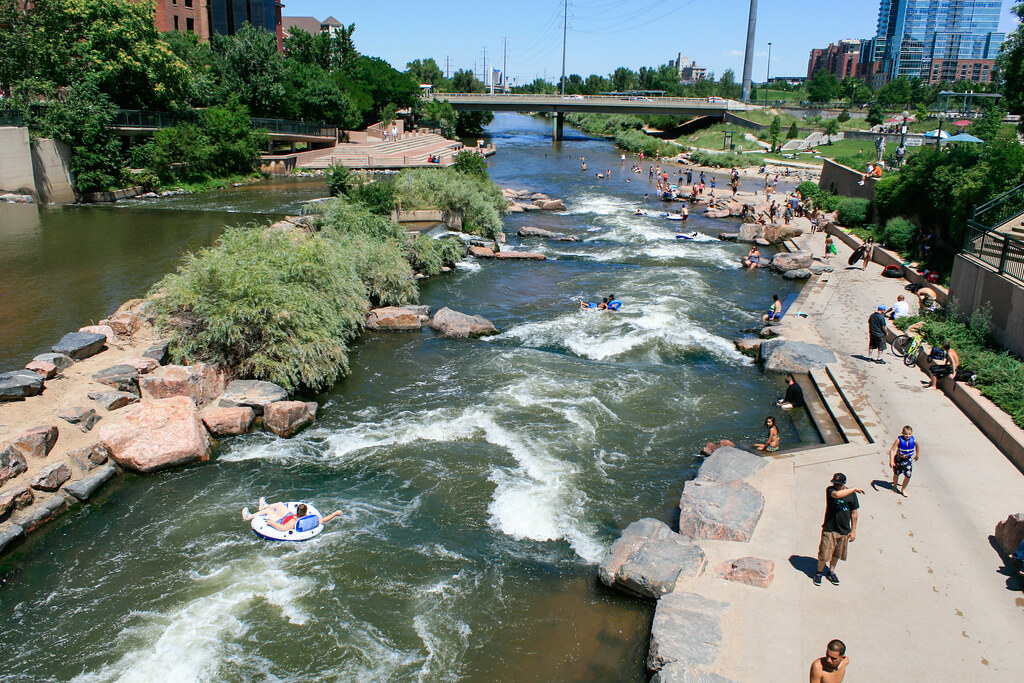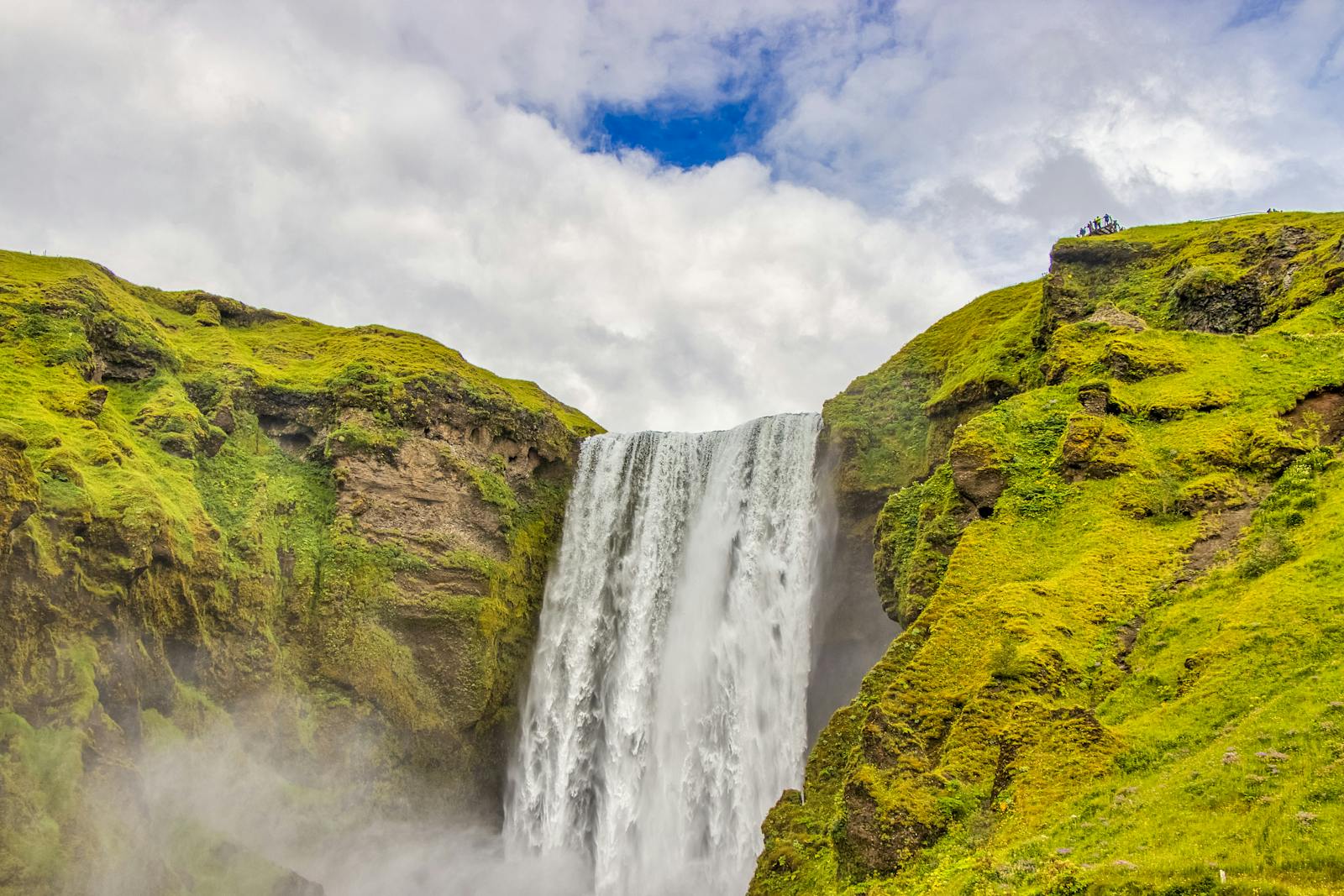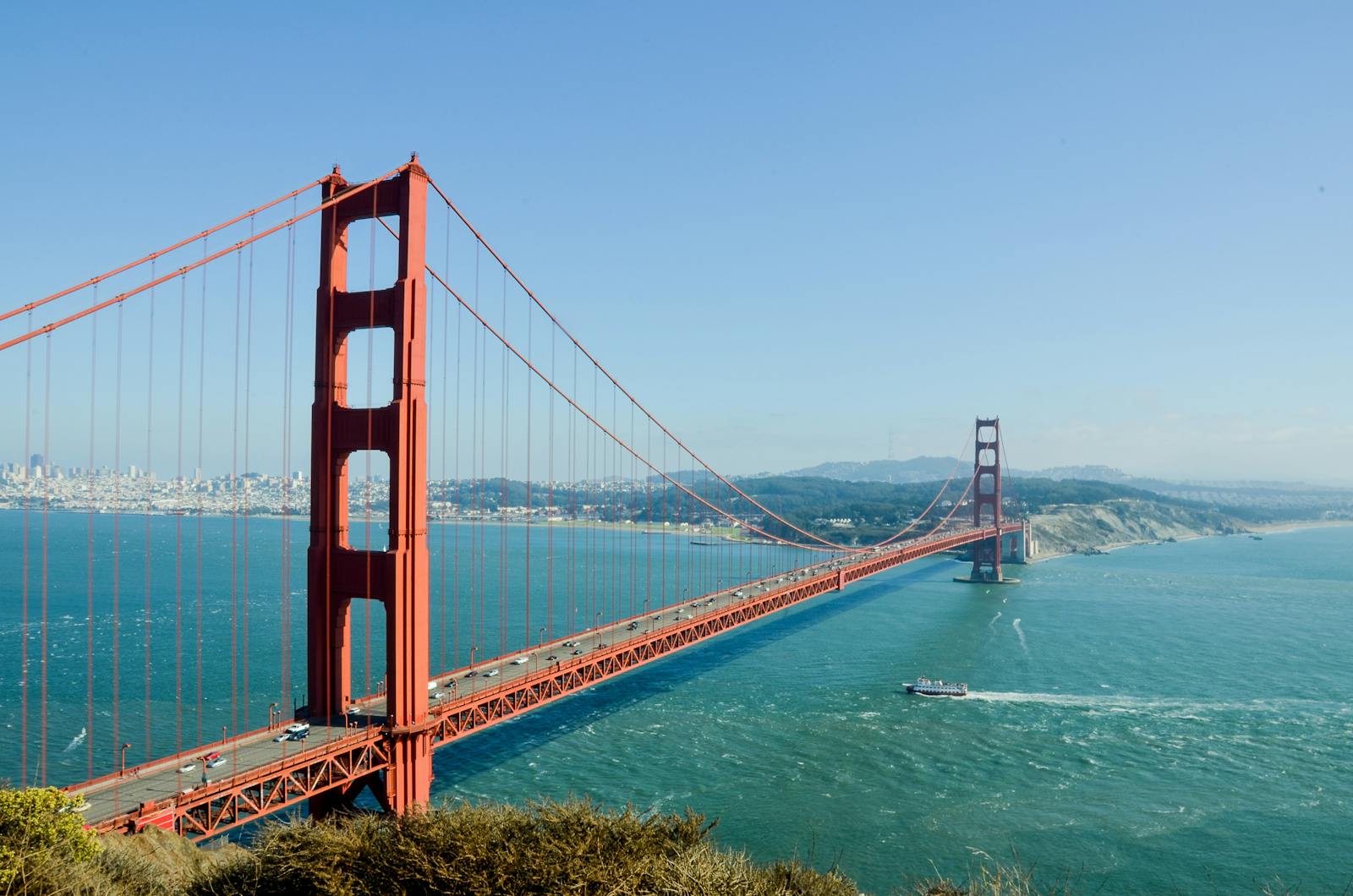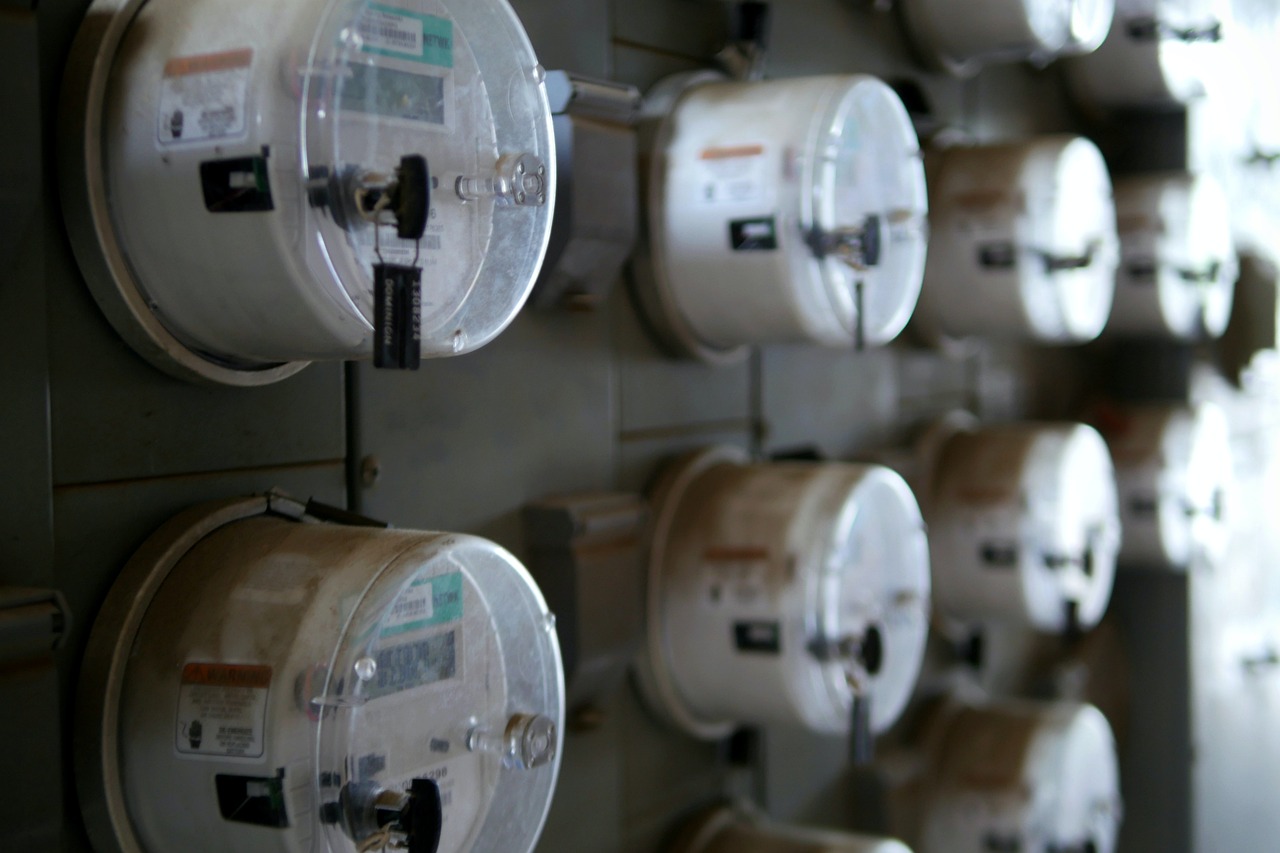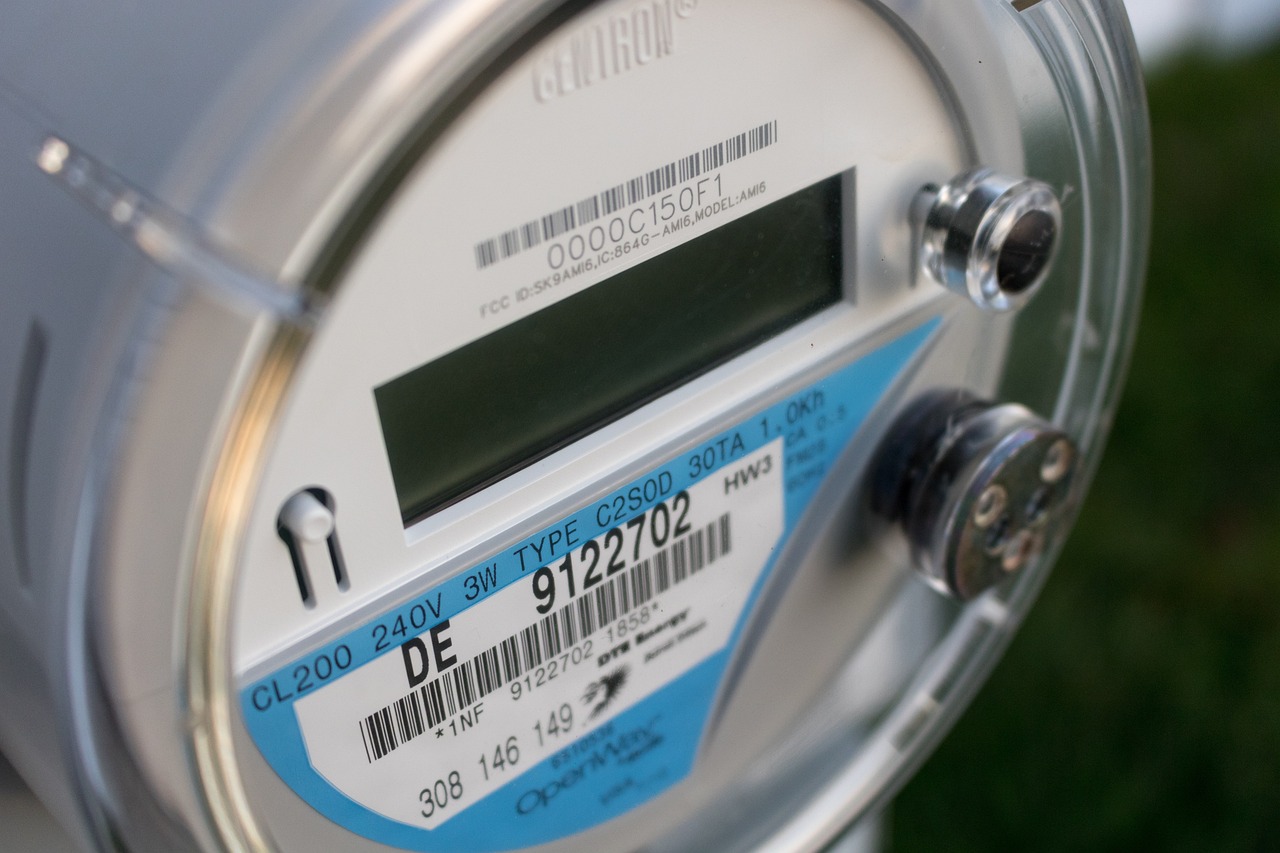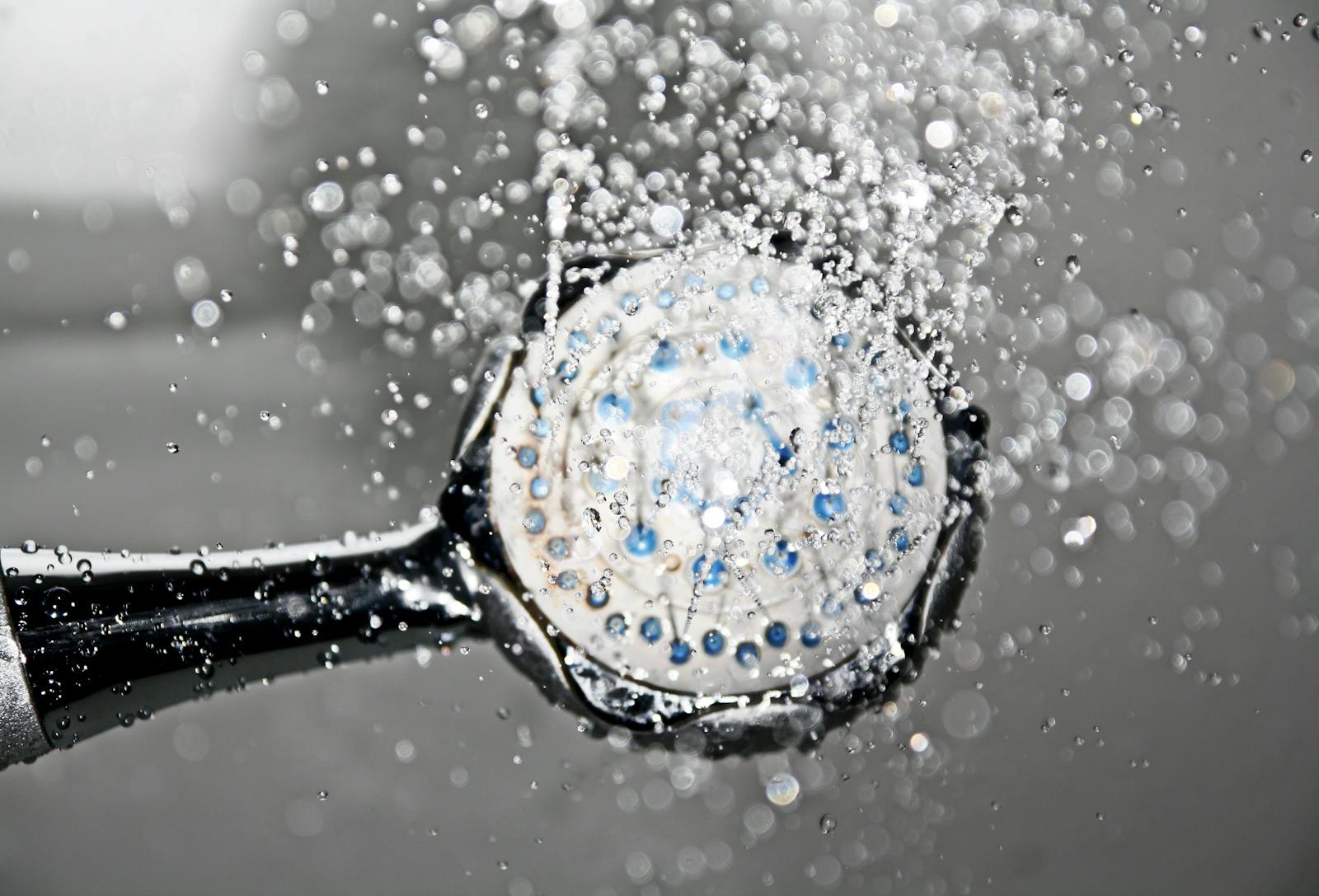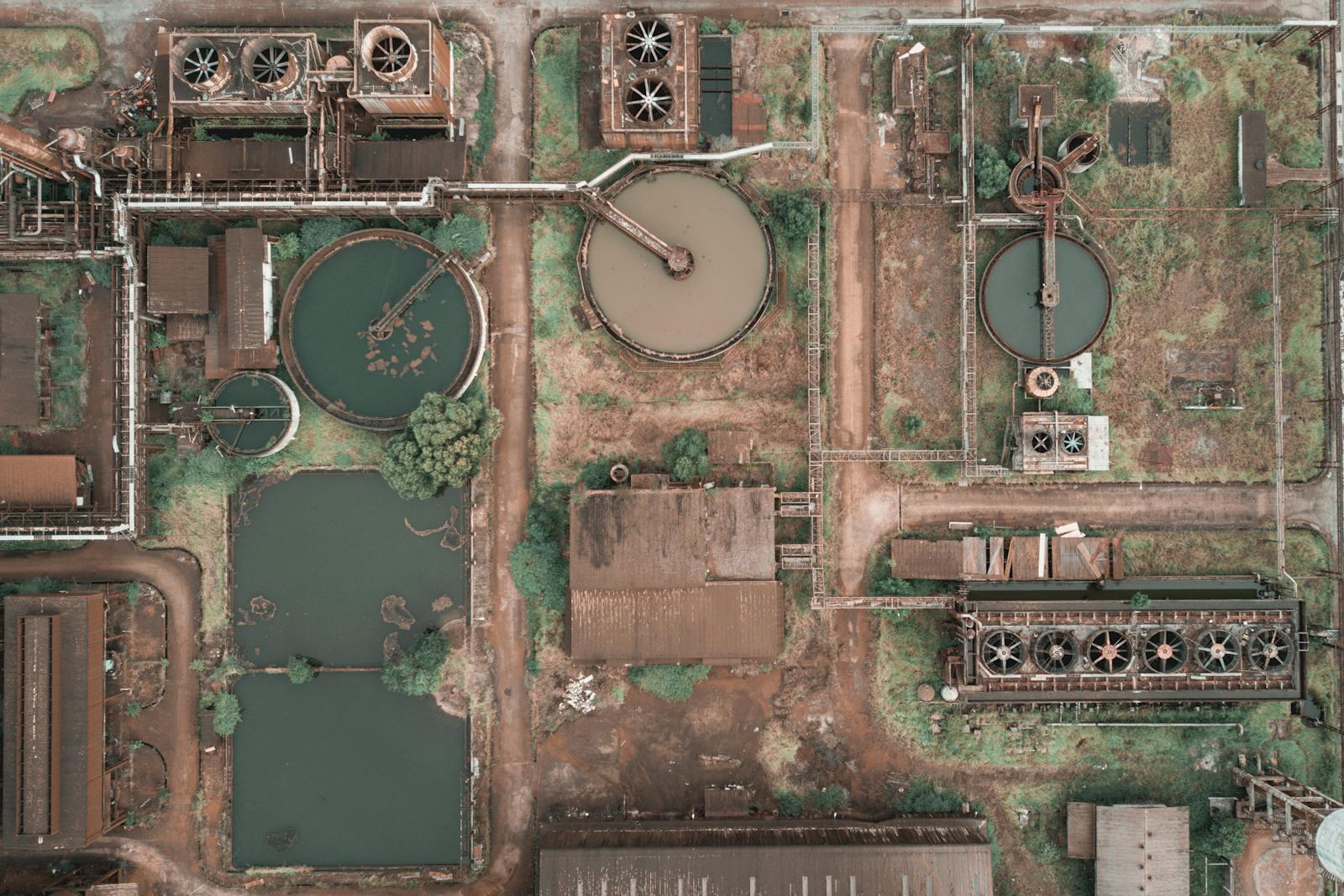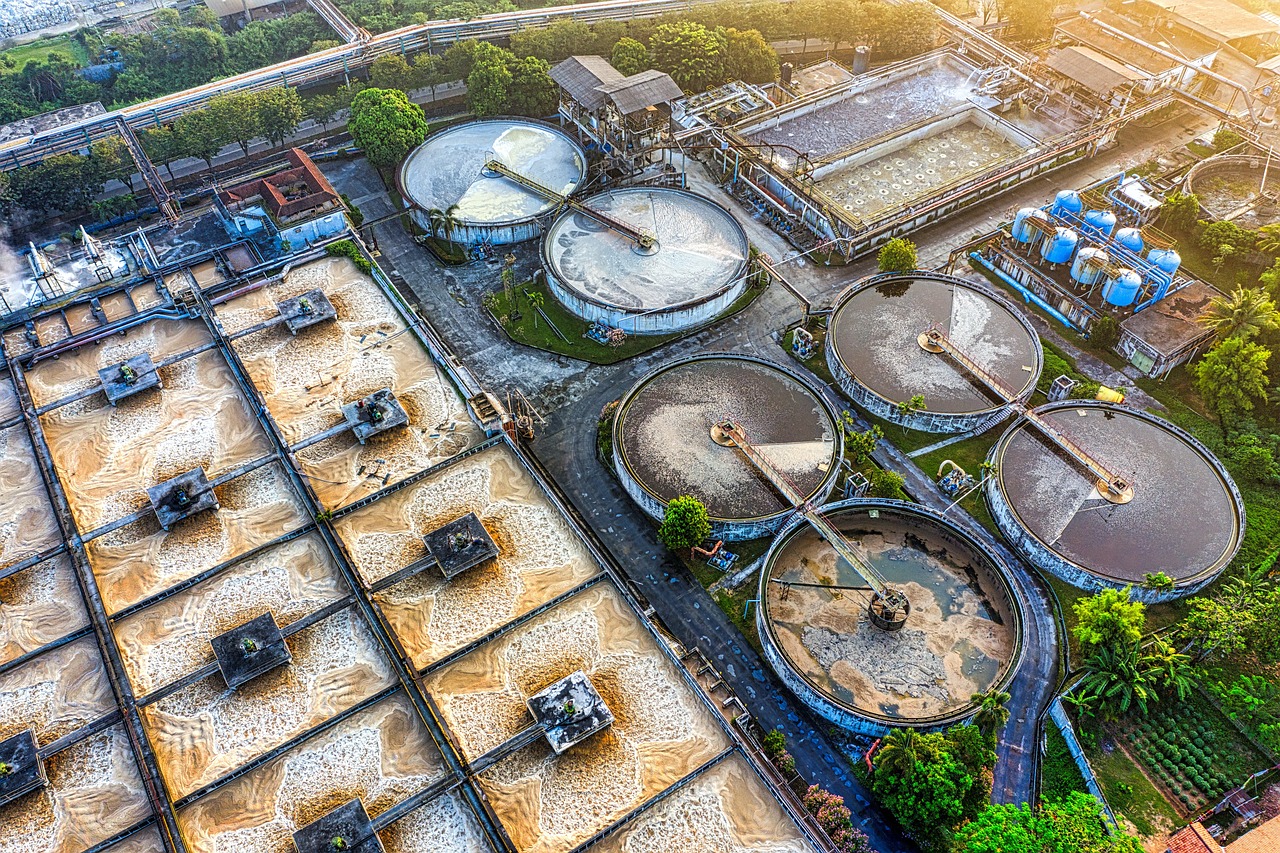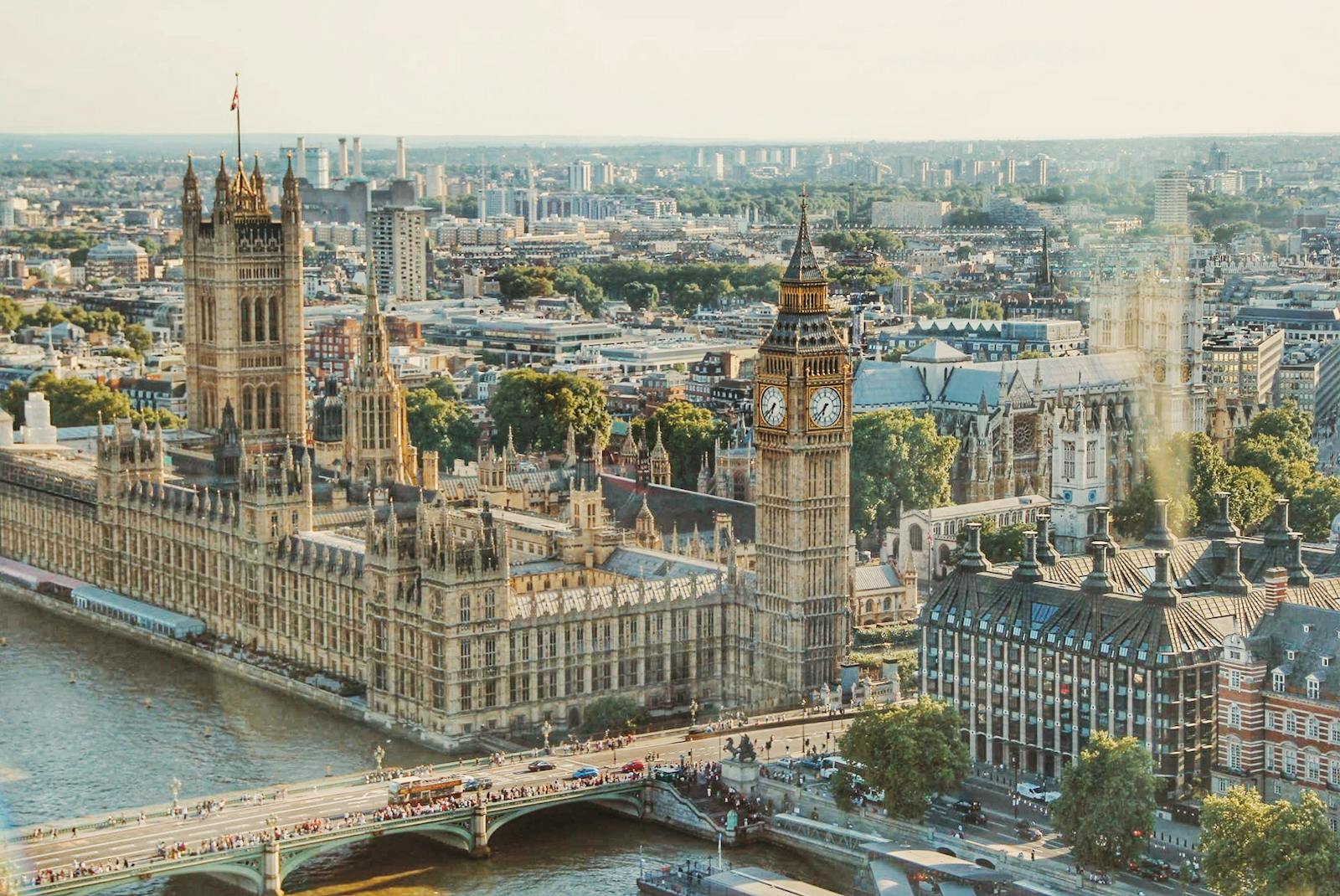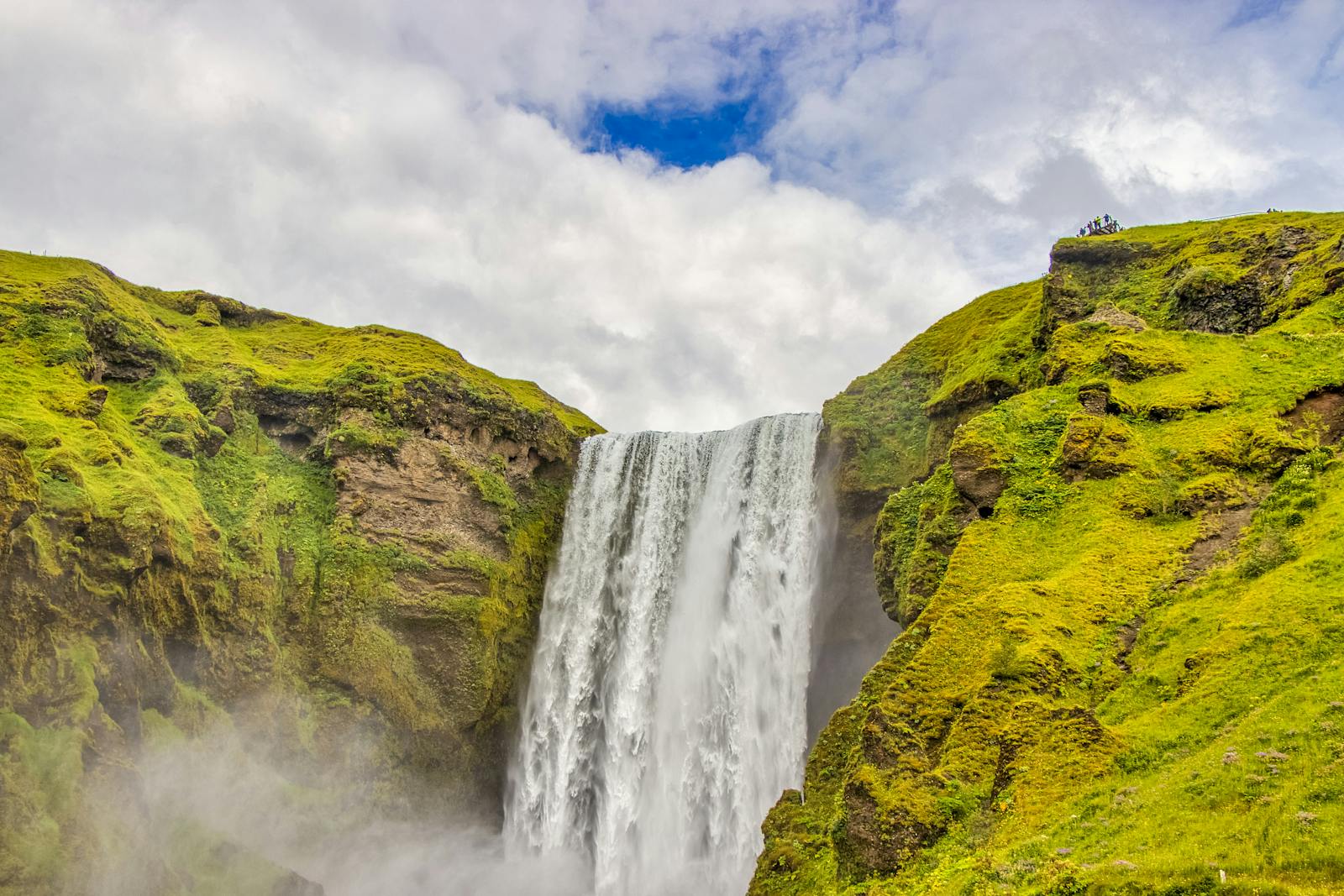Denver Tap Water
United States of America
Denver Tap Water
United States of America
Overall Score
Explore detailed insights into Denver tap water, including its quality score, taste rating, pH level, hardness, common contaminants, and sustainability score.
Denver Tap Water Ratings
💧 Tap Water Quality Score
✅ Safety Standards Met
Yes
👅 Taste Rating
⚖️ pH Level
7.6
🪨 Hardness Level
Moderate
⚠️ Common Contaminants
Chlorine, nitrates, fluoride, and trace metals like lead (in older pipes).
🧫 Microbial Safety
Safe
🧴 Chlorine Level
0.9 mg/L mg/L
🦷 Fluoride Level
0.7 ppm ppm
🌍 Environmental Sustainability Score
Denver Tap Water & Management
Get notified on Denver water management news, updates & advancements.
Fill out my online form.
Shop Books, eBooks, Audiobooks
Sale!


The Little Book on Hydration: The People’s Guide To Health, Vitality & Flow (Audiobook)
Original price was: $4.99.$3.99Current price is: $3.99.
Sale!


Water Wise: Sustainable Living in a Modern World
Original price was: $4.99.$3.99Current price is: $3.99.
Sale!
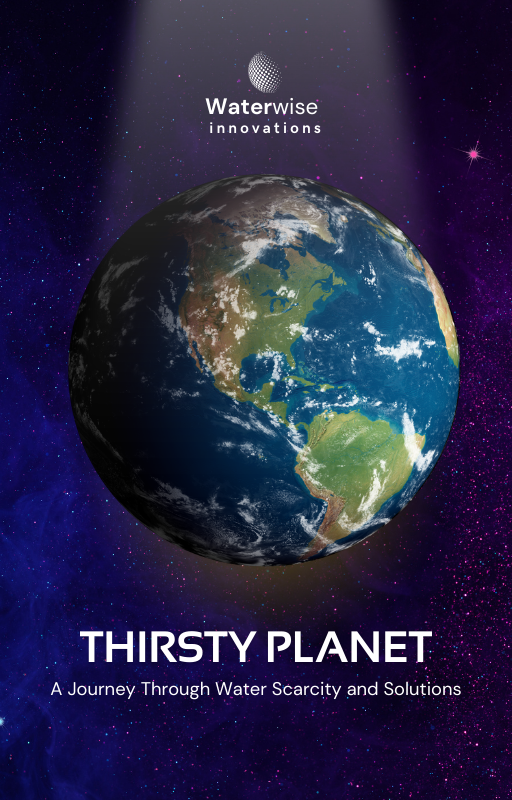

Thirsty Planet: A Journey Through Water Scarcity and Solutions
Original price was: $4.99.$3.99Current price is: $3.99.
Sale!
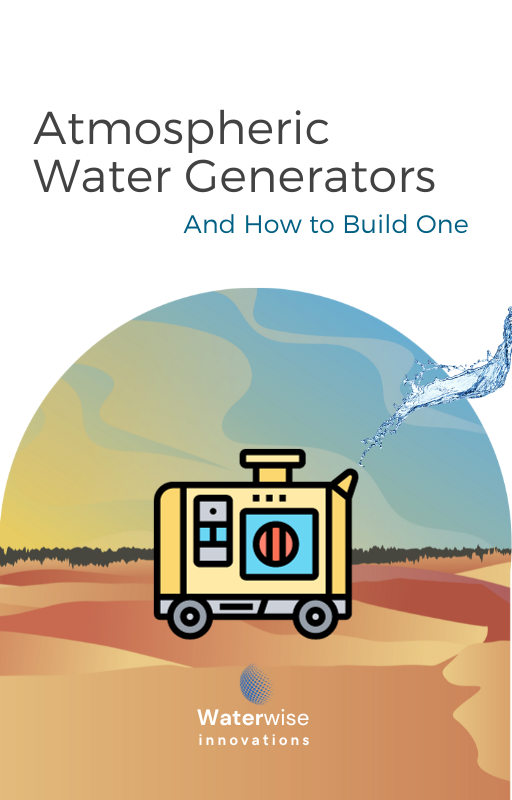

Atmospheric Water Generators: And How to Build One
Original price was: $4.99.$3.99Current price is: $3.99.
Sale!
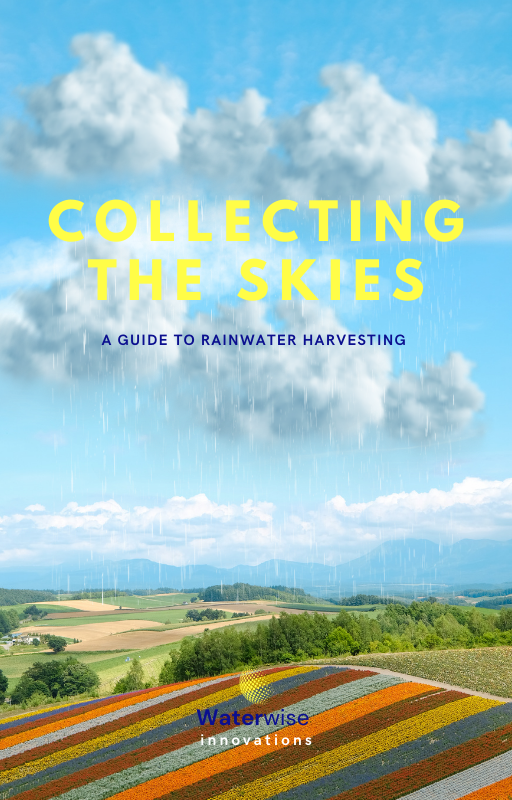

Collecting the Skies: A Guide to Rainwater Harvesting
Original price was: $4.99.$3.99Current price is: $3.99.
Sale!


The Little Book on Hydration: The People’s Guide To Health, Vitality & Flow
Original price was: $4.99.$3.99Current price is: $3.99.
Reviews of Denver Tap Water
There are no reviews yet. Be the first one to write one.
There are no reviews yet. Be the first one to write one.

